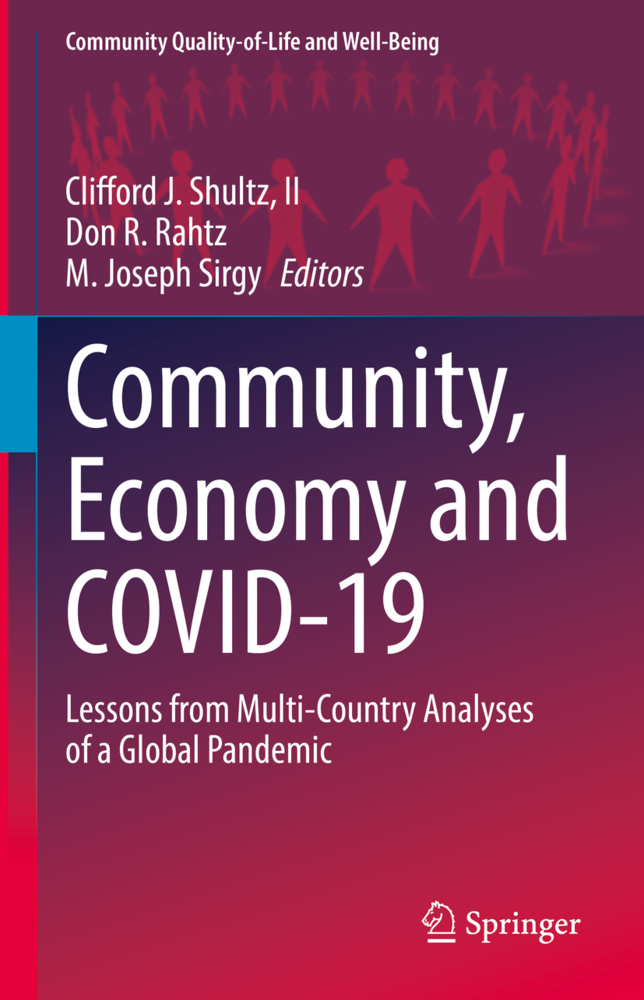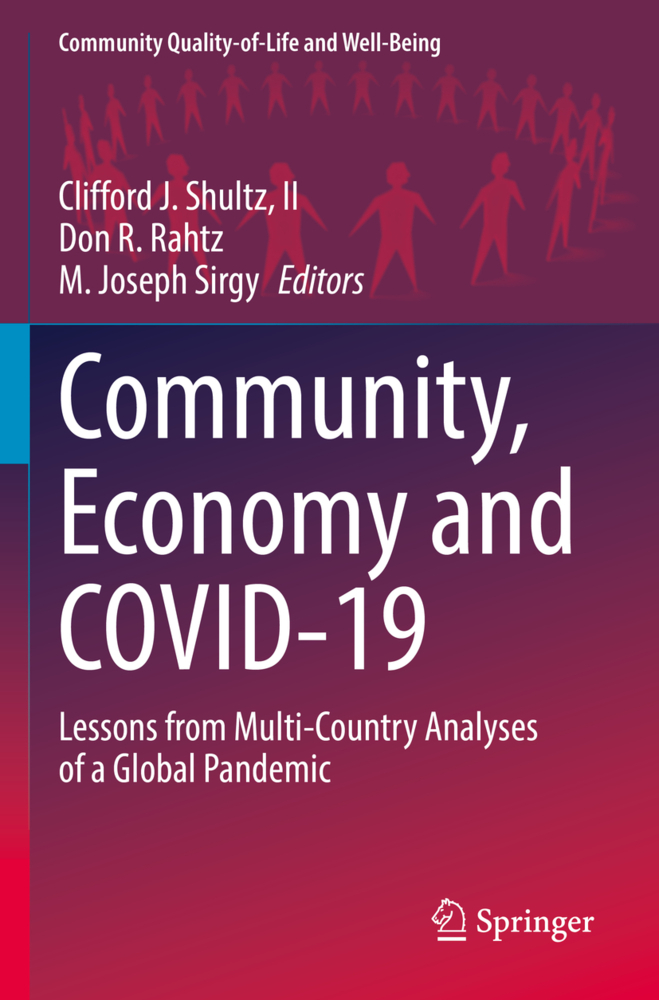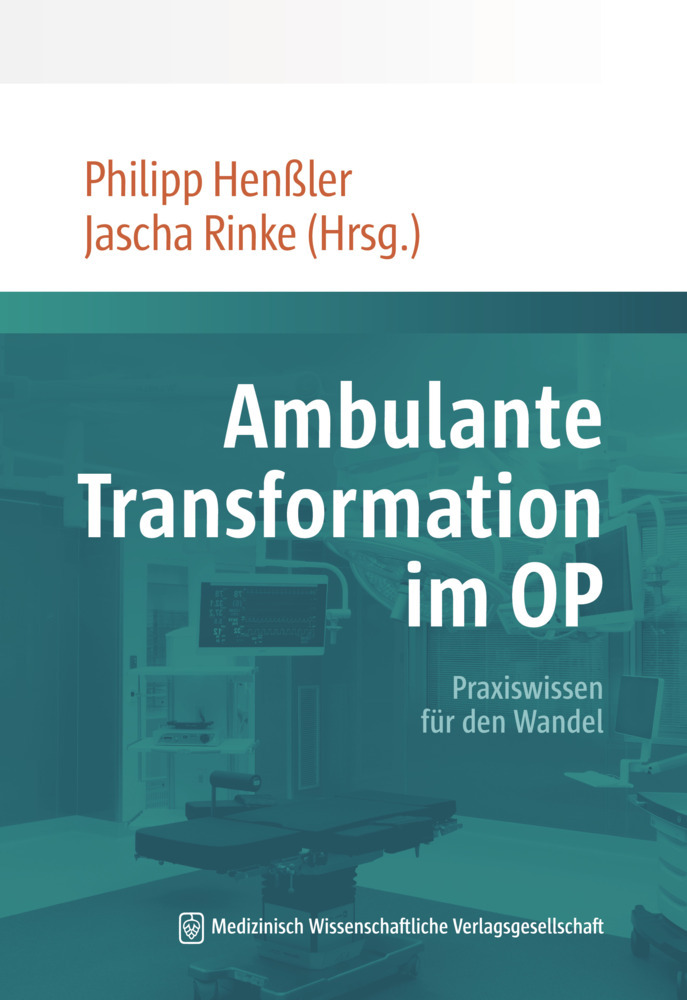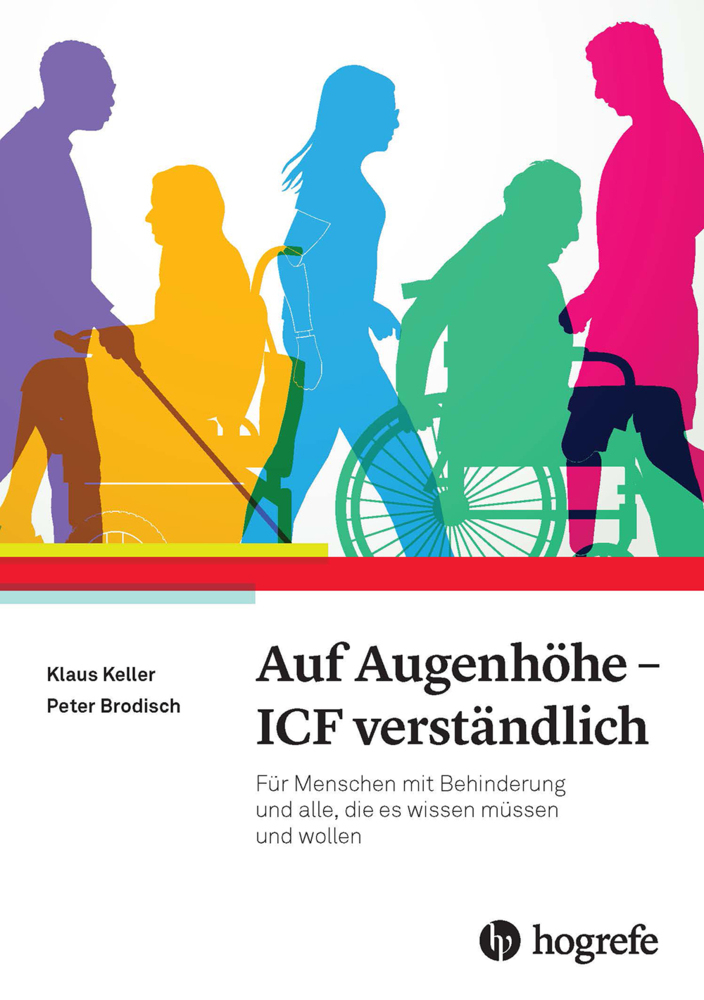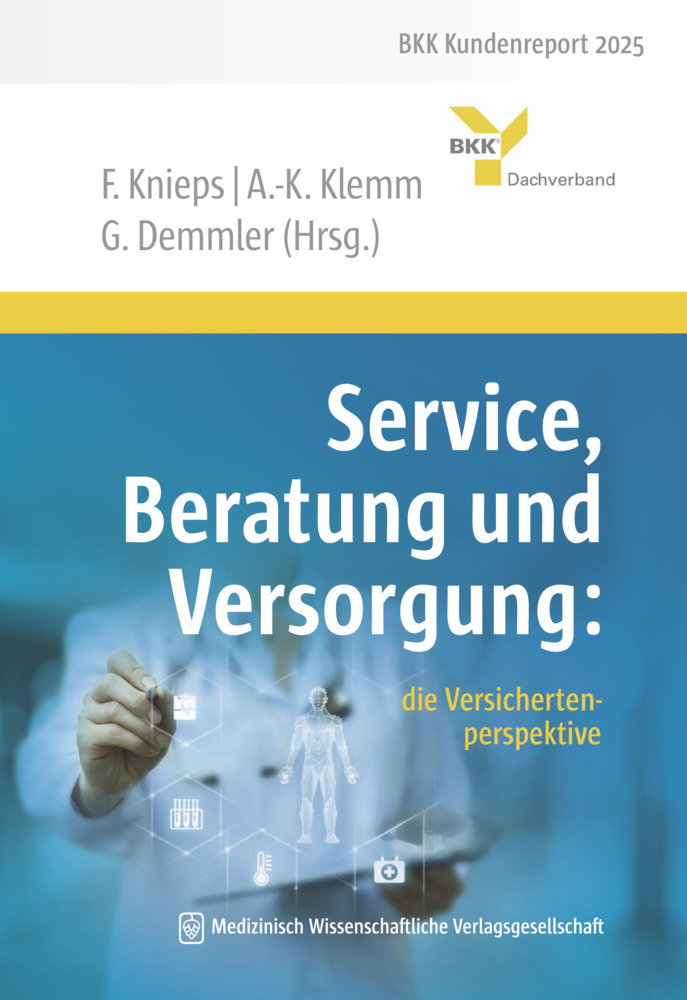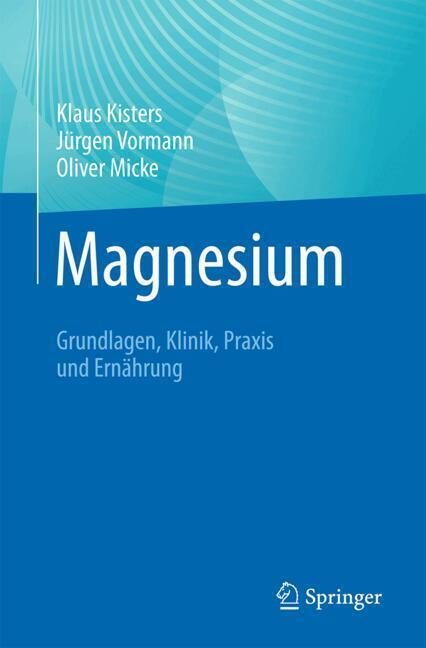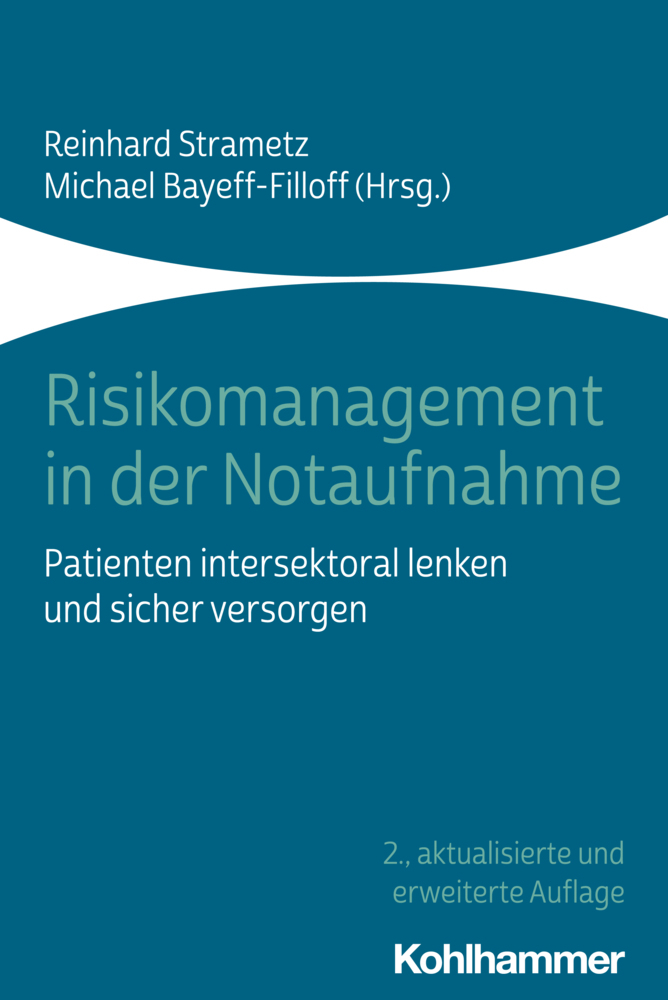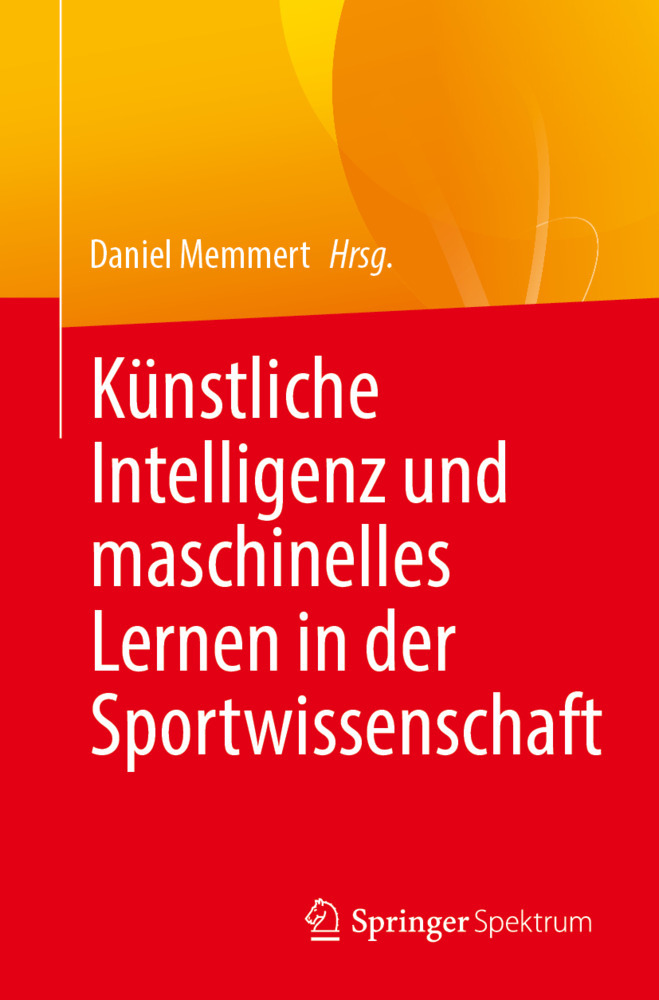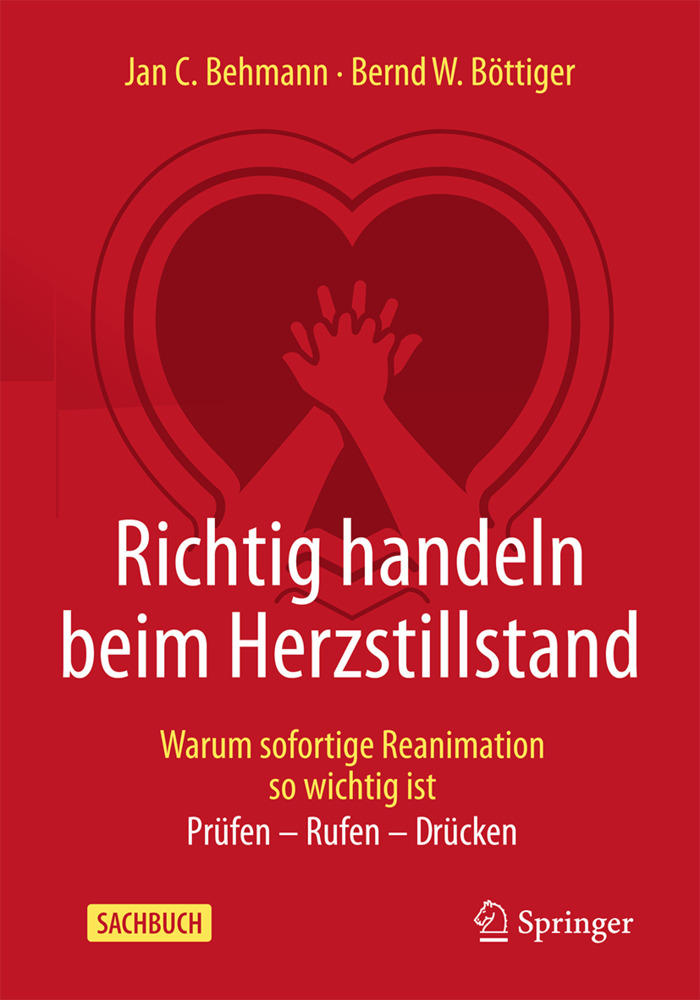Community, Economy and COVID-19
Community, Economy and COVID-19
This volume explores the impact of the COVID-19 pandemic on the health, safety, and socioeconomic well-being of community residents of selected countries around the world. It is built on an overarching framework of studying community well-being, applied here to the analyses of one of the most significant crises of our time. Most important are the lessons learned from the experiences in these countries - including insights and recommendations on how to mitigate future pandemics. Building on years of research, each chapter is written by an accomplished scholar with interests and expertise on various assessments of community well-being development in the country of study. The authors share cases and analyses, and highlight failures and successes; they offer sound policy recommendations on how to restore the health, safety, and multidimensional wellness of community residents, and how to decrease the likelihood and impact of future crises. Some of the policy recommendations in this multi-country compendium can be used to assist crisis prevention and recovery, beyond pandemics. The volume shows how the lessons learned and shared from community responses to the pandemic can provide critical and useful policy insights to shape best practices in mitigating other disasters like hurricanes, floods, earthquakes, tornadoes, wars, riots, acts of domestic and international terrorism, weapons of mass destruction and industrial accidents. This is a must-read for researchers across the social sciences, health sciences, and management studies, and for government and non-government professionals involved in community health and well-being.
Part 1.- 1. Introduction: background and context.- Part 2: Country experiences and best practices
1. USA: Shultz, Rahtz, Sirgy, (Phillips?) et al.- 2. Canada: Detlev Zwick, et al., York University; Stan Shapiro, SFU.- 3. Mexico: Luis Raul Rodriques Reyes & David Foust Rodriquez, ITESO - Guadalajara
4. Argentina: Jaqueline Pels & Liza Kharoubi Echenique, Universidad Torcuato Di Tella
5. Colombia: Andrés Barrios, et al. Universidad de los Andes - Bogotá
6. Brazil: João Felipe Sauerbronn, Universidade UNIGRANRIO; Marcus Wilcox Hemais, PUC-Rio de Janeiro, et al.-10. Finland: Pia Polsa, HANKEN; Petteri Repo, University of Helsinki.- 11. Sweden: Ira Haavisto, Nordic Health Group and HANKEN.- 11. Germany: Michaela Haase, Freie Universität Berlin; Michael Ehret, Nottingham Trent University.- 12. Spain: Maria José Montero Simó, Rafael Padilla Araque, Universidad Loyola Andalucía.- 13. Croatia: Dario Miocevic, et al. University of Split
14. Vatican: Augusto Zampini Davies, Vatican Dicastery for the Service of Integral Human Development (S.I.H.D.)
15. UK: Anthony Samuel, Cardiff University 16. Russia: Alexander Krasnikov, et al. Loyola University of Chicago; National Research University, Higher School of Economics
17. Turkey: Ahmet Ekici et al., Bilkent University-Ankara
18. Algeria: Habib Tilouine, Oran University
19. Ghana: Charlene Dadzie, University of South Alabama, Kofi Dadzie, Georgia State University in Accra
20. Rwanda: June Francis, Simon Fraser University; et al
21. South Africa: Stefan Kruger, Northwest University
22. Lebanon: Georges Aoun, Karine Aoun Barakat, et al., St. Joseph University, Beirut.-23. India: Nicholas Santos, et al., Creighton University and XIMB-India.- 24. Indonesia: Tony and Primidya K.M. Soesilo, Bina Nusantara University, Jakarta.- 25. Vietnam: Nguyen Thi Tuyet Mai, et al., National Economics University - Hanoi.- 26. Singapore: TBD May Lwin et al., Nanyang Technological University.- 26. Thailand: Busaya Virakul, et al., National Institute of Development Administration - Bangkok.- 27. China/Taiwan: Duan-Rung Chen, National Taiwan University; Winston Tseng, UC-Berkeley; Julian Chow, UC-Berkeley.- 28. Japan: Yoshiko, et al. Tokyo City University.- 29. Korea: Dong-Jin Lee, Yonsei University
30. Australia: Michael Polonsky, Deakin University.- 31. New Zealand: Ben Wooliscroft, Auckland University of Technology, Alexandra Ganglmair-Wooliscroft, Massey University
Part 3: Epilogue
32. Summary and ways forward.
Shultz, II, Clifford J.
Rahtz, Don R.
Sirgy, M. Joseph
| ISBN | 978-3-030-98151-8 |
|---|---|
| Artikelnummer | 9783030981518 |
| Medientyp | Buch |
| Copyrightjahr | 2022 |
| Verlag | Springer, Berlin |
| Umfang | XI, 666 Seiten |
| Abbildungen | XI, 666 p. 1 illus. |
| Sprache | Englisch |

